-
About
- About Listly
- Community & Support
- Howto
- Chrome Extension
- Bookmarklet
- WordPress Plugin
- Listly Premium
- Privacy
- Terms
- DMCA Copyright
- © 2010-2025 Boomy Labs


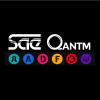 SAE Australia
SAE Australia
Listly by SAE Australia
Content Knowledge (CK) – “Teachers’ knowledge about the subject matter to be learned or taught. The content to be covered in middle school science or history is different from the content to be covered in an undergraduate course on art appreciation or a graduate seminar on astrophysics… As Shulman (1986) noted, this knowledge would include knowledge of concepts, theories, ideas, organizational frameworks, knowledge of evidence and proof, as well as established practices and approaches toward developing such knowledge” (Koehler & Mishra, 2009).

Storytelling in any format is about making meaning. While the essence of the stories we tell may remain the same, the ways in which we can now share these stories have changed dramatically with the development of digital communication technologies. Access to simple, easy to use media production tools and resources in conjunction with the potential for immediate and universal online publication has significant implications for literacy thinking and practice. This website is an evolving compilation of resources designed to support the development of student multimodal authoring at all year levels. It features examples of different types of student multimodal compositions to demonstrate the rich variety of choices available, along with practical resources to support text production.

Enhancing Teaching & Learning with Digitised Resource - Joint Information Systems Committee (JISC) is a non-departmental public body whose role is to support post-16 and higher education, and research, by providing leadership in the use of information and communications technology (ICT) in learning. The JISC series of pioneering digitisation projects is unlocking a wealth of unique, hard-to-access material from the 16th century to the present day, creating a critical mass of rich, permanent digital resources for the benefit of the widest user base possible within UK further and higher education.
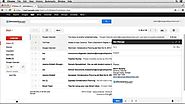
Google has a built-in feature called Google Scholar that will allow our students and teachers to become familiar with basic Boolean searches and to give them access to scholarly articles that they can use in their writing. This is a great generic resource for content preparation as a starting point.
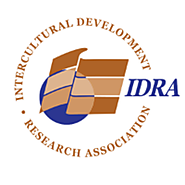
Pedagogical Content Knowledge (Intercultural Development Research Association) - Content knowledge alone is not enough to be effective in a learning context. What teachers really need to focus on are the links between Pedagogy and Content Knowledge (PCK). This website link lists some ‘Highlights of Key Findings and Principles of Pedagogical Content Knowledge’.
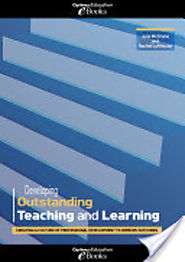
Developing Outstanding Teaching and Learning - This is an ebook by Julie McGrane and Rachel Lofthouse from, Optimus Education, 2010. On page 67, they explore “what is the role of subject knowledge and how can teachers translate it into pedagogical subject knowledge for learning.

The concept of digital curation has evolved from its original use. While the digital preservation of artifacts is still the primary domain of digital curation, due to Web 2.0/social media applications it has allowed anyone to easily create a topic centered library online to share with the world. Assets found online can now be quickly collated into a visually appealing web site using freely available tools. This descriptive paper explores the potential use of digital curation within three tertiary institutions.
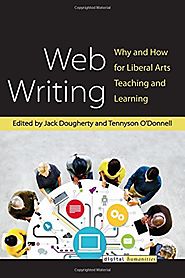
Web Writing: Why and How for Liberal Arts Teaching and Learning by Jack Dougherty and Tennyson O'Donnell.

The group work structure and opportunities to practice collaboration may prove to be invaluable for students to learn how to work effectively with others so that they can succeed in the future workforce.

The difference between Challenge Based Learning and Project Based Learning (PBL) can be confusing. In CBL, students work to identify problems and use content knowledge as they create sustainable solutions. PBL is similar, but projects can address either real or hypothetical situations.

Quality teaching is widely acknowledge as being a key determinant of variation in student achievement (Wenglinsky, 2000). Concomitantly, stud...